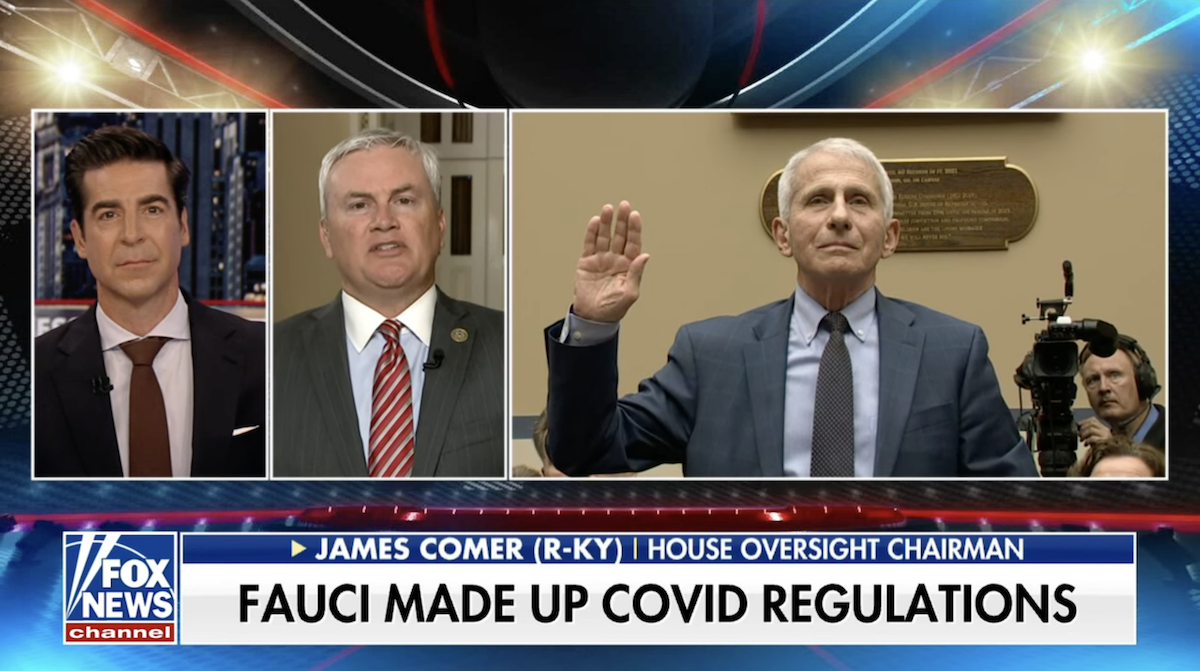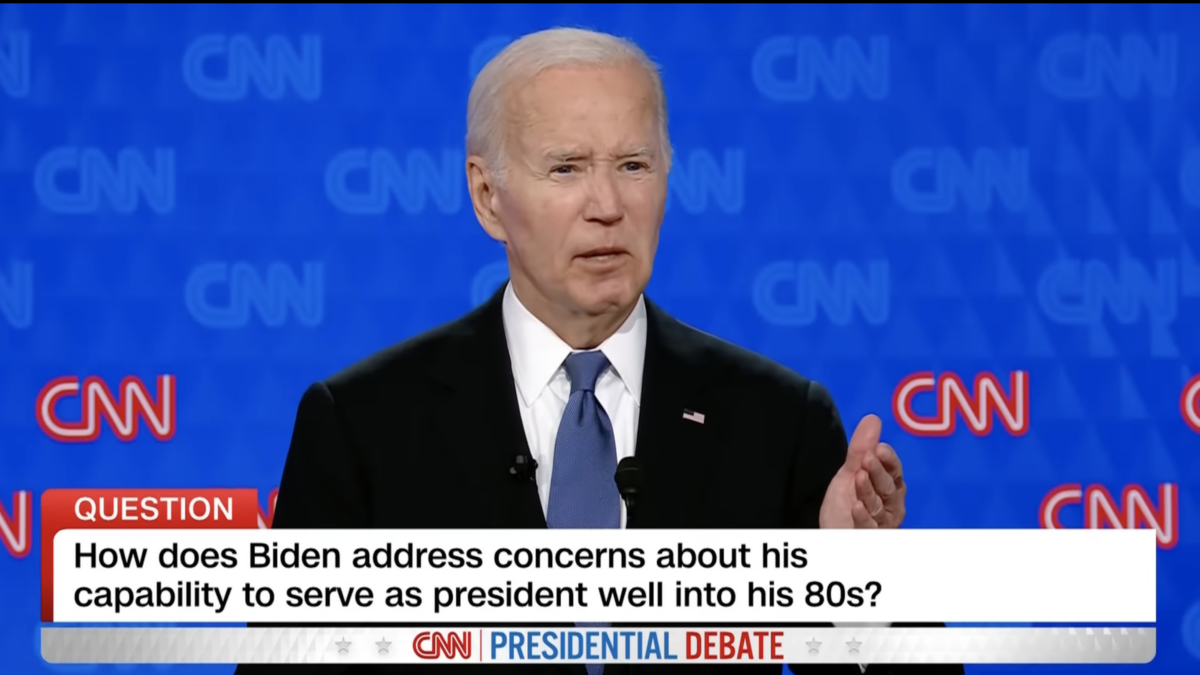For practically everyone with incomes south of Bill Gates, health-care costs have become a regular irritation. Polls suggest that while most Americans generally approve of the care they receive, they don’t appreciate its cost.
All sides in the system, doctors and patients alike, have a role to play in addressing this problem. While medical facilities should provide the prices of medical procedures and treatments in advance, Americans should also get used to the idea of talking about the price of the services they receive.
Cheaper Alternative Treatment Never Mentioned
Consider my recent trip to the emergency room with a bout of kidney stones. While discussing care with the resident physician, I made a reference to staff doing a CT scan, as had occurred the previous times I had kidney stones. At first, the staff seemed hesitant to go down this route but eventually sent me for a scan.
When I reviewed the chart following my stay, because of concerns about subpar care, I found the doctors had noted I “requested” a CT scan. I also discovered an order for an ultrasound, a procedure the doctors never mentioned to me.
I honestly don’t know whether I received the proper care while in the hospital. The copy of the internal “review” that George Washington University Hospital undertook about my case contained nothing about the substance of my care, other than its claim that it acted appropriately (they would say that, wouldn’t they?). But the physician assistant I saw for follow-up care, who moonlights at Georgetown University’s emergency room, seemed surprised that the GWU staff didn’t immediately order a CT scan.
The punchline came when the bill arrived, and I saw the line item for the CT scan: $12,040. Thankfully, my insurer would not pay a separate charge for the scan and only paid a general fee for my ER stay.
But the episode brought home a larger point. The ER staff at GWU never mentioned the option to have an ultrasound, nor the astronomical cost the hospital charges for a CT scan. If it had, I might have chosen the ultrasound, which I can only assume was the cheaper option. But I was never given the opportunity to make an informed choice. And because I had previously had CT scans done during past bouts of kidney stones, I unwittingly defaulted myself into the more expensive option.
Not Talking About Costs
A few weeks later, before all the bills from my hospital stay had fully arrived, I discovered I needed another surgery on my ankle, my fourth in just over a year. Before the procedure, my surgeon told me he would get me a new boot for after the surgery. When I reminded him I already had a boot, he replied that I needed a new boot for a new surgery.
My initial reluctance turned into shock and outrage when I saw my insurer’s statement. The company charged $495 for the boot, which my insurer reduced to $230.62. Even that “discounted” price seems outrageous for a piece of plastic likely costing one-tenth that amount.
That exorbitant bill prompted a belated discussion with my surgeon about its utility and cost. He rightly pointed out that he needs to guard against infection, not least because he could get sued if one of his patients develops one. My prior boot had gone through half a dozen surgeries since I had acquired it from his practice over a decade ago, meaning it had developed some wear and tear.
By the same token, if I had followed my surgeon’s mantra of “a new boot for a new surgery” to the letter, I would have incurred nearly $1,000 in boot-related costs for my four procedures during the past year alone. Given that I already paid over 15 percent of my income on medical expenses last year, those added costs would have increased my own sizable medical outlays. And even if my insurance had covered some of the expense, I and other patients ultimately pay those costs anyway, in the form of higher premiums.
Need for Prudent Spending
In the end, as I reminded my surgeon, money is an object for me and most other Americans facing the ever-growing burden of health care costs. If we don’t get more comfortable talking about the cost of health care, the expense will eat the country alive.
Of course, it’s difficult for patients to talk about health care because, in many cases, we don’t know what we don’t know. Transparency about prices will help, particularly when it comes to nonemergency care. But it also requires patients and doctors to have conversations in the exam room that might seem awkward to both sides. However, as I discovered in recent weeks, awkward conversations might forestall astronomical bills and also prevent the system from becoming more unsustainable.









